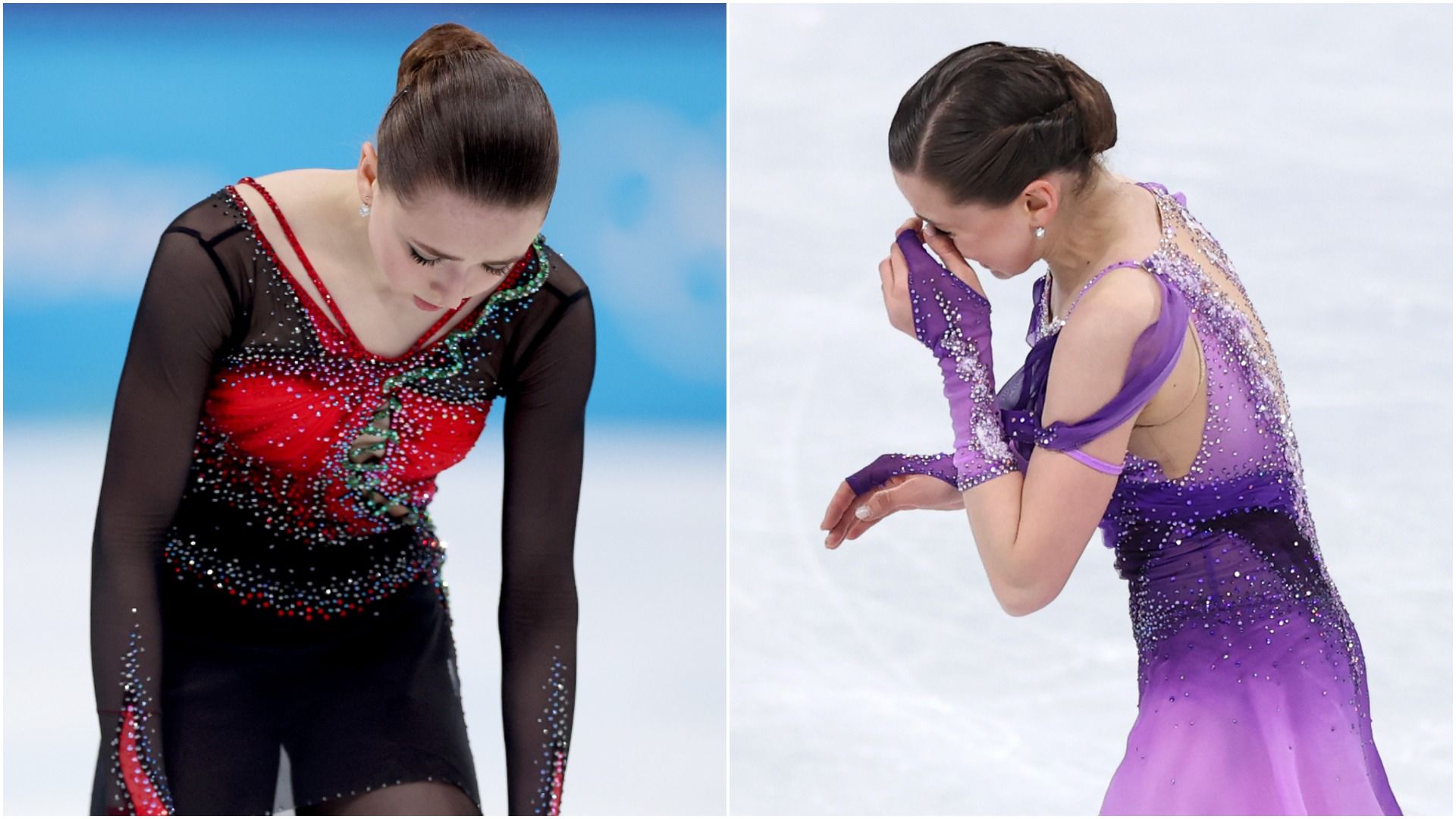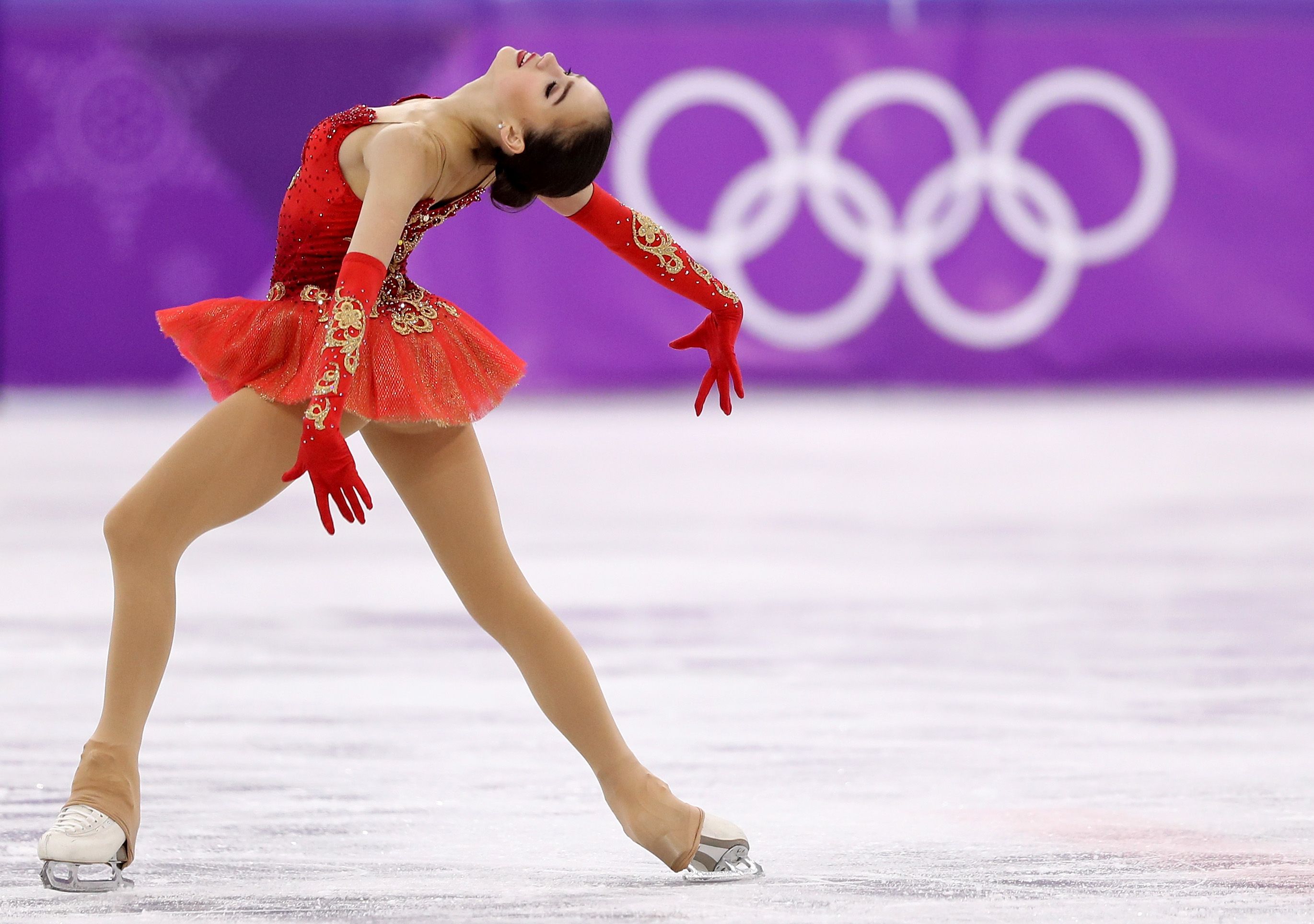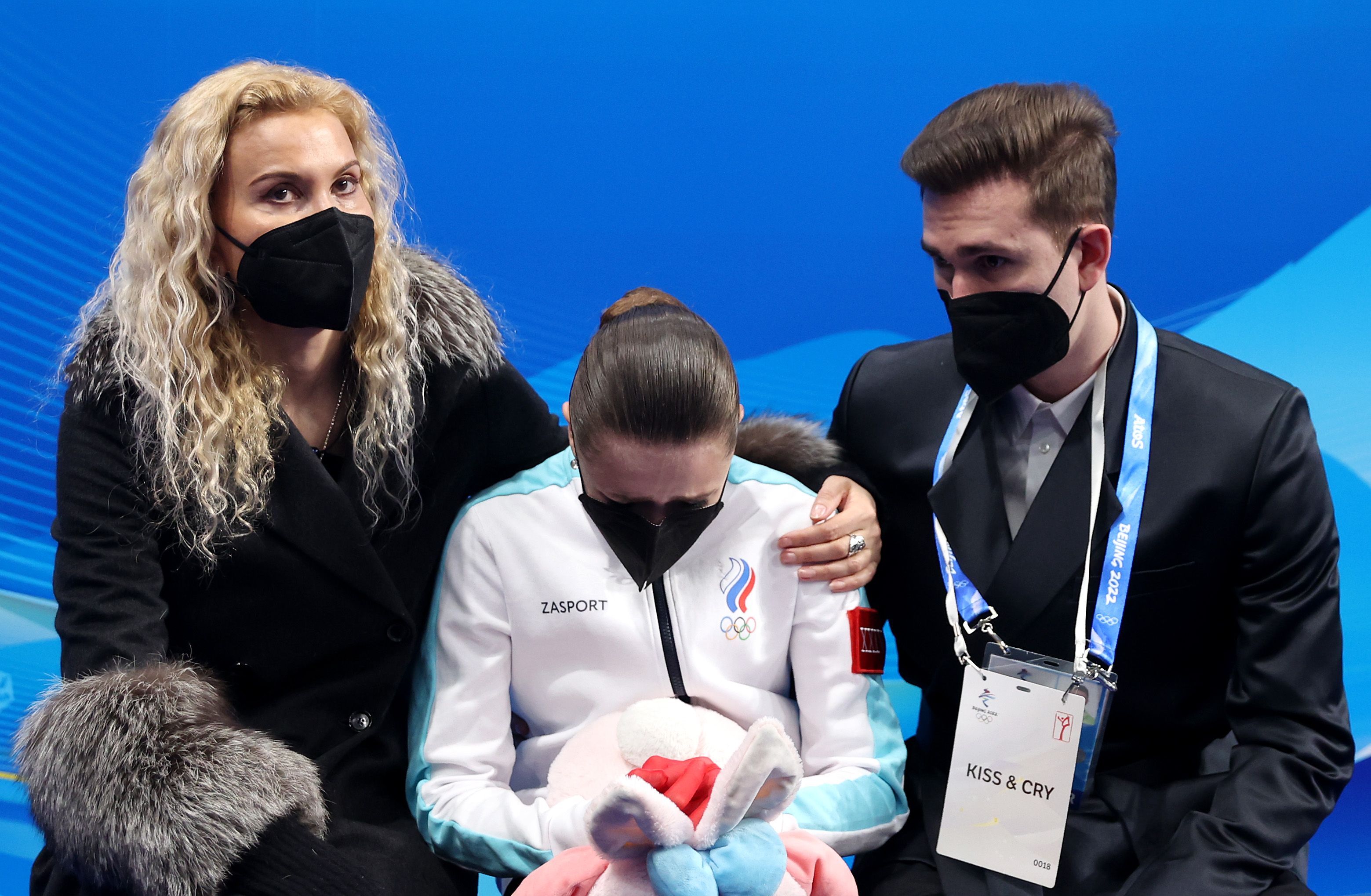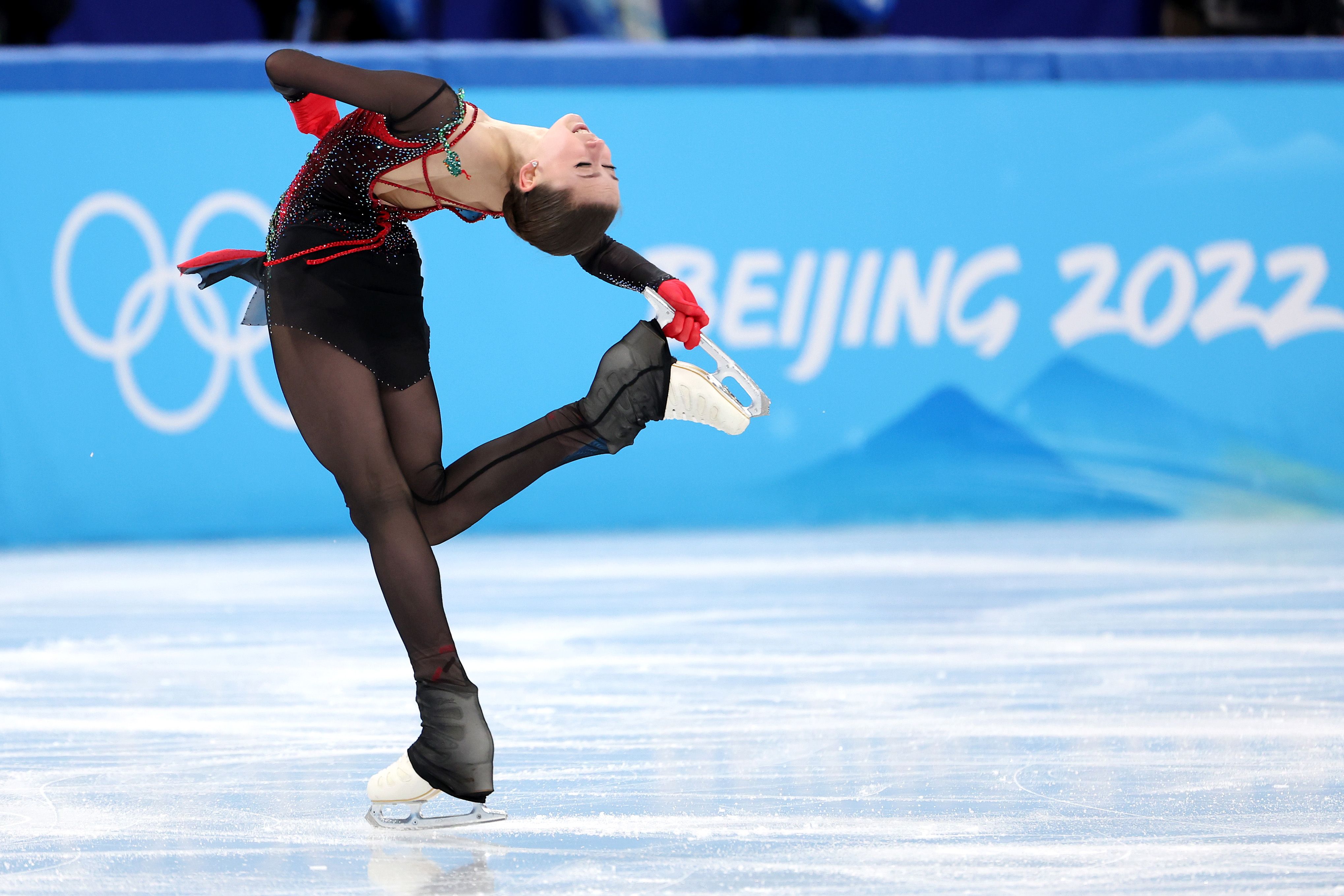Sir Matt Busby, who famously guided Manchester United to their first European football title, was once quoted as saying: “If you’re good enough, you’re old enough.†But given the lack of safeguarding when it comes to young athletes in today’s society, is this statement entirely true? The controversy surrounding alleged doping by 15-year-old figure skater, Kamila Valieva, consumed the media narrative at the recent Winter Olympics. Heavily touted to win individual gold, universal horror unfolded as the teenager was permitted to compete but saw her performance unravel in the face of the world. The emotions afterwards made for uncomfortable viewing. Valieva was reduced to tears, while being lambasted by coach Eteri Tutberidze for seemingly giving up. Close by, compatriot Alexandra Trusova, who claimed silver, was equally inconsolable and stressed she would never skate again because of unfair treatment by the judging panel. Trusova later explained her outburst was due to her “emotional†state at the time, which ultimately begs the question: Should teenagers like Valieva and Trusova have been allowed to end up in these situations, which may now have caused irreparable harm? Equally, would minimum age restrictions across all sports actually help protect child athletes, or only serve to create more problems?
How young is too young?
Valieva is the current world record holder for the women’s short programme and free skating. She is also the European champion and has already set nine world records in her career.
These statistics alone suggest that the Russian is not too young to compete, given she is, by all accounts, one of the best figure skaters in the world right now.
This is by no means a rarity in the world of figure-skating either. Four years prior to Beijing at the Winter Olympics in PyeongChang, fellow Russian Alina Zagitova claimed individual gold at the age of 15.
In fact, the prime age for athletes in sports like figure skating and gymnastics tends to be around one’s teenage years. For example, in the Olympic all-around competition for gymnastics, no competitor over the age of 19 has won gold since 1972.
Indeed, Simone Biles, who was 24 when she competed in Tokyo last year, was one of the oldest competitive Olympic gymnasts in recent times.
In this way, it would not work to have a ubiquitous minimum age that applies to all sports. Minimum age rules are often decided based on the physical requirements of the sport, hence why multi-sport events like the Olympics allow the international bodies that govern individual sports the right to impose any age of eligibility they deem appropriate.
In fencing, the minimum age is 13 – in weightlifting, it’s 17, while in figure-skating, there is no minimum age of eligibility.
Therefore, the main issue is not necessarily whether young athletes are physically able to compete, but rather if they are mentally prepared for what is to come.
This is thus where the quandary arises, because who is to decide whether a young athlete is emotionally ready? Is it coaches, organisations or the athletes themselves?
Would age restrictions help safeguard young competitors?
How would harsher age restrictions actually increase the safeguarding of child athletes? On the surface, it may allow individuals to have an improved education and more of a social life.
Yet, would this stop budding stars from being overtrained, exploited and treated inhumanely as they strive to become professional? Considering the level of dedication required to succeed in any sport, the answer is probably not.
A study by Paulo David, who wrote a book on ‘Human Rights in Youth Sport’ estimates that 20 percent of children involved in competitive sports are potentially at risk of different types of abuse, violation or exploitation, and that 10 percent are victims of some type of violation of their human rights.
In light of this, whether the minimum age for an aspiring athlete is 15, 16, 17, or anything else, these issues will continue to subsist unless there is a change in culture.
In the case of Valieva, the Russian Olympic Committee’s ‘win at all costs’ mentality has to be acknowledged as unacceptable.
Knowing her talent, the ROC pushed the teenager into competing, failed to protect her from the public eye and vilified her after failing to win.
What’s worse is that they may now even discard her entirely, should she face punishment for a drug offence the country insists is not related to the systematic doping allegations they have long been accused of.
On the other hand, countries like Norway, who topped the medal table at this year’s Winter Games, can be seen as a model example of how the system should work. There is a focus on “developing citizens and not only athletesâ€, with the only insistence at a young age being to have fun.
What’s the solution?
It seems problematic to suggest that increasing the minimum age for children to compete would solve everything.
The poor treatment of aspiring sports stars would likely continue and if anything, increasing the age requirements may only serve to prevent some athletes in the peak of their career, like Valieva, Zagitova and others, from achieving glory.
But equally, something has to change. While Valieva may be deserving of a ban when found guilty of doping, she did not deserve to be destroyed in the public eye, and ridiculed by her own coach after competing.
To refer back to Busby’s quote. If one is good enough, then maybe they are old enough in some respects. But outside of considering what is best for these children as athletes, perhaps we should ponder what is best for them as human beings.























